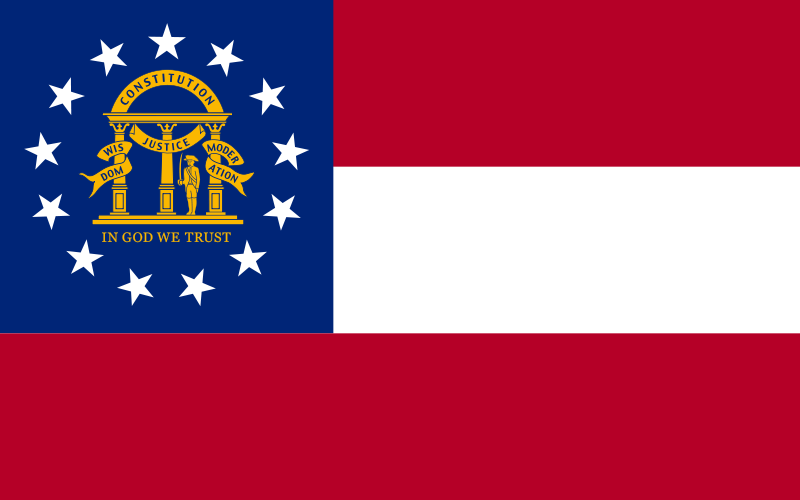In Georgia, a constitutional amendment to create a new court, the Georgia Tax Court, will be on the ballot in Nov. 2024.
The Georgia Tax Court would have concurrent jurisdiction with the state business court and superior courts in equity cases. A superior court could order the removal of a case to the business court or tax court. Additional details about the court’s jurisdiction would be set by law.
Georgia Tax Court judges would serve terms of four years and be appointed by the governor with approval by the Senate Judiciary Committee and House Judiciary Committee. The state legislature would be authorized under the amendment to provide for the number of judges on the court and the qualifications to serve.
The state House approved the amendment as House Resolution 598 (HR 598) on Feb. 27. The vote was 165-0. The Senate approved the amendment on March 20, 2024, in a vote of 49-1. To put a legislatively referred constitutional amendment before voters, a two-thirds (66.67%) vote was required in both chambers of the legislature. The single no vote on the amendment came from Sen. Colton Moore (R-53).
Currently, Georgia has a Tax Tribunal, which was created in 2013, that has jurisdiction to review cases concerning tax matters involving the Georgia Department of Revenue. The Tax Tribunal is not a part of the state judicial system but rather is a part of the executive branch within the Office of State Administrative Hearings.
In the 20-year period from 2002 to 2022, 36 constitutional amendments have been on the ballot in Georgia, of which, 30 (83.33%) were approved and six (16.67%) were defeated. An average of three constitutional amendments are on the ballot during each even-year election. The state legislature can refer additional amendments to the ballot during the 2024 legislative session, which is expected to adjourn on March 28.
Nine other constitutional amendment proposals in the state legislature have passed one chamber, meaning that if passed by the second chamber, they will appear on the November ballot.
Additional reading:


